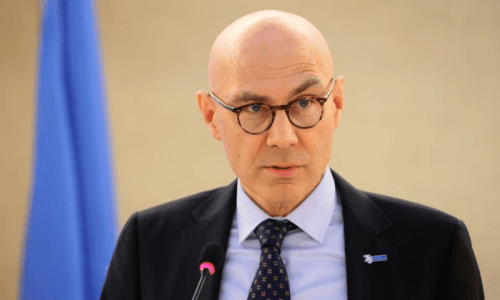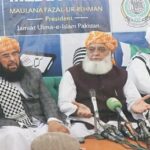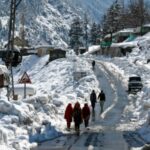Volker Turk, the UN’s human rights commissioner, said on Monday that China was infringing on fundamental rights in Tibet and Xinjiang and urged Beijing to reverse direction.
Turk, who has come under fire for not pressuring China hard enough about its record on human rights, also requested Beijing to free human rights advocates detained on suspicion of “picking quarrels and causing trouble.”
In his worldwide update to the UN Human Rights Council, Turk urged Beijing to heed the recommendations made by his office and other human rights authorities “in relation to laws, policies and practices that violate fundamental human rights, including in the Xinjiang and Tibet regions”.
He continued, “I am interacting with the Hong Kong government regarding ongoing worries regarding national security legislation.”
China is accused of imprisoning over a million Uyghurs and other Muslim minorities in the Xinjiang region in the northwest. Beijing fiercely disputes the accusations.
Minutes before her tenure expired in 2022, Turk’s predecessor Michelle Bachelet produced a report citing potential “crimes against humanity” in Xinjiang. China categorically disputed the report.
The study included “credible” evidence of forced labor, sexual or gender-based assault, forced medical treatment, and torture.
However, it refrained from calling Beijing’s actions in Xinjiang a “genocide,” as some Western MPs and the US have done.
Beijing maintains that its measures in Xinjiang have aided in the fight against extremism and advanced development, while refuting claims of mistreatment.
Regarding counterterrorism measures, gender equality, minority protection, civic space, and economic, social, and cultural rights, Turk said his office was in discussions with China.
“It is critical that this dialogue produce tangible outcomes as we proceed,” he stated.
Turk acknowledged China’s progress in reducing poverty and advancing development, but he encouraged changes to be made “to align relevant laws and policies with international human rights standards” in conjunction with these initiatives.
He stated, “I particularly support the revision of Article 293 of the Criminal Law’s ambiguous offense of ‘picking quarrels and making trouble,’ and I urge the release of human rights defenders, lawyers, and others detained under such legislation.”
During a UN assessment of its human rights record in January, Beijing was praised by Russia and Iran among other countries, but it also faced sharp criticism from Western nations.
China was subject to an annual Universal Periodic Review, which evaluates the human rights records of all 193 UN members every four to five years.
China blasted opponents for “politicizing and weaponizing” human rights issues to meddle in its domestic affairs, insisting that it was making tremendous progress toward bettering the lives of its people, eradicating poverty, and defending their rights.
However, Western nations brought attention to a crackdown on civil freedoms and a broad national security bill that Hong Kong was forced to enact in 2020 in response to pro-democracy demonstrations.
Others expressed concern over what they saw to be tyranny in Xinjiang and attempts to eradicate cultural and religious identity in Tibet.








